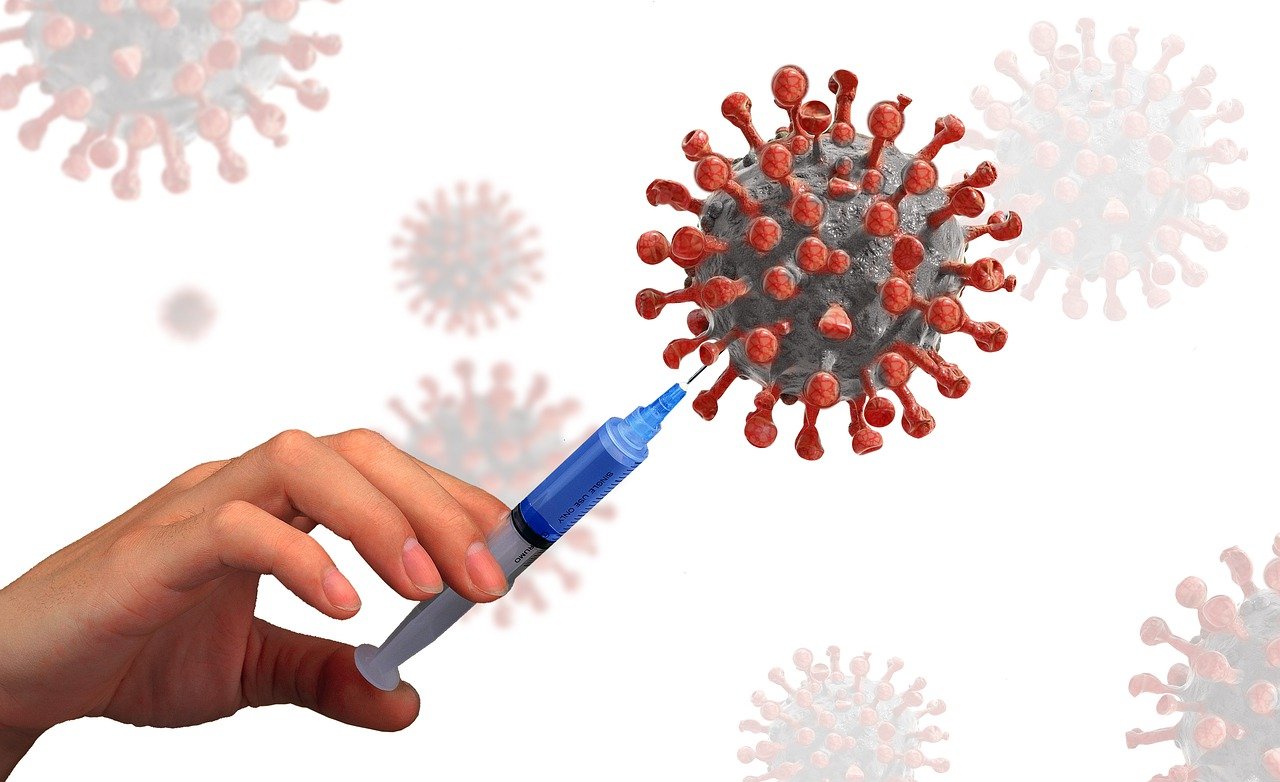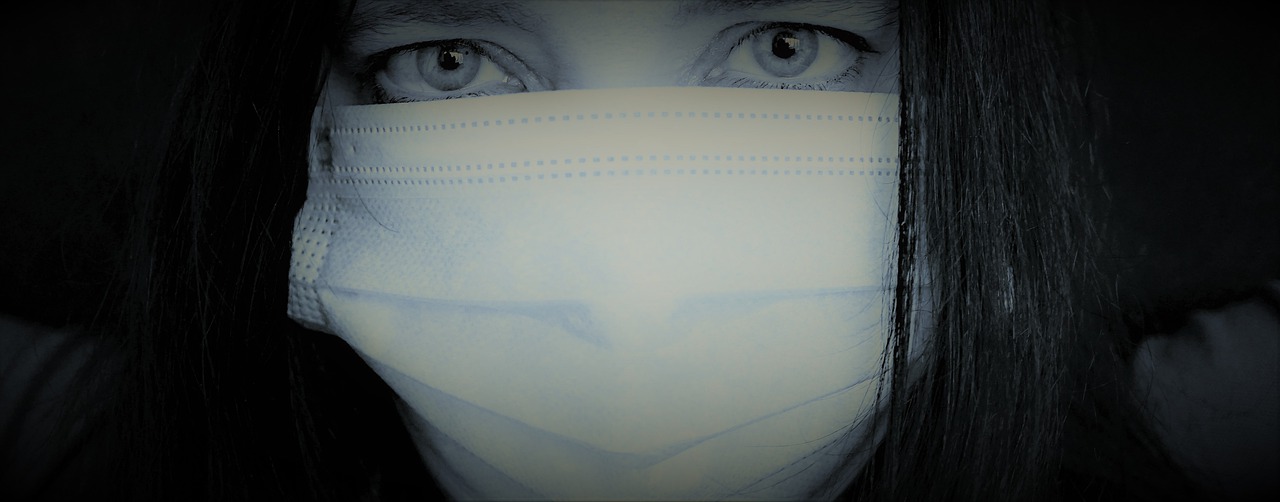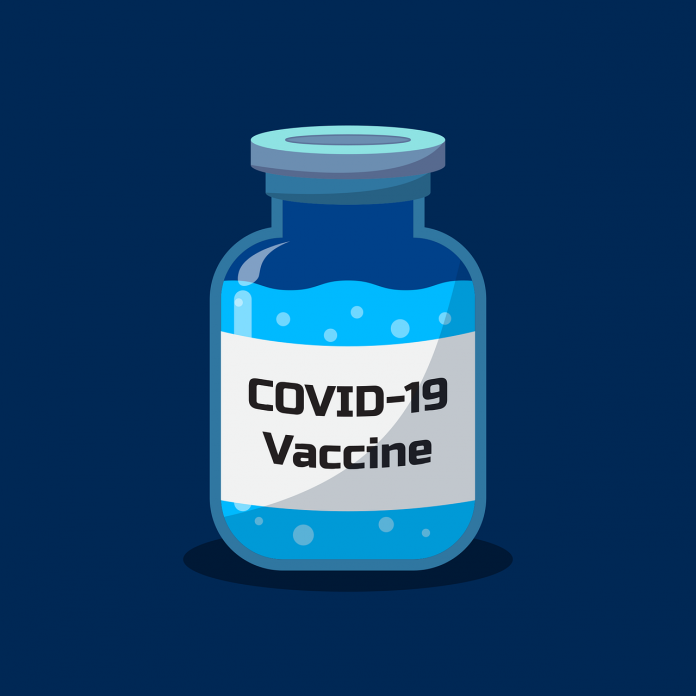– report courtesy of ACE National and Angelina Spencer
The U.S. surpassed 200,000 CV-19 deaths last week. Experts say the rise isn’t attributed to increased testing. Hospitalizations also hit a record high, passing 91,000 over the weekend (see data).
Consequently, CV-19 case numbers are expected to be erratic post-Thanksgiving, with fewer people getting tested over the holiday. However, a potential wave of new cases is expected as travelers return home. Officials said Thanksgiving Eve—was the busiest air travel day of the pandemic.

Alternatively, the distribution of the first CV-19 vaccines draws closer. United Airlines is moving shipments of Pfizer’s vaccine to strategic locations across the country in anticipation of emergency authorization from the Food and Drug Administration on December 10th.
The Federal Aviation Administration (FAA) said last Friday that it was “supporting the first mass air shipment of a vaccine”
ACE National sources tell us that Miami-Dade, Houston, and other hard-hit areas will likely be first in line for the inaugural vaccines. These sources also suggest that a vaccine (or proof thereof) may be required in order to travel abroad or work in certain sectors.
A government panel votes tomorrow on recommendations for which groups should be given priority access, most likely healthcare workers and nursing home residents.
According to the CDC, the vaccine will become available to the U.S. general public sometime around the end of March 2021 with much wider distribution expected by the end of June 2021. The U.K. expects to roll out its vaccine for residents before year’s end.
DOES THIS MEAN WE’LL ALL GET A VACCINE?
According to the CDC, taxpayer-funded vaccines will be free to the public but an administration fee may be charged. No word yet on what that cost might be.
Additionally, with the exception of one vaccine out of Oxford, the other two, including Pfizer’s vaccine, is a two-dose regimen.
According to the CDC, the vaccine will become available to the U.S. general public sometime around the end of March 2021 with much wider distribution expected by the end of June 2021. The U.K. expects to roll out its vaccine for residents before year’s end.
WHAT ABOUT MY BUSINESS?
The hospitality sector has been hardest hit by the CV-19 Pandemic.
Hotel chains, local arts venues, recreation, restaurants, music venues, bars and clubs have experienced massive layoffs, lost revenues and/or permanent closures.
Small businesses (firms with fewer than 500 employees) comprise approximately 99.5% of this sector, and 60.6% of employment within the sector.
Women and minority-owned businesses (WMBEs) comprise 63.5% of accommodation and food services businesses and 46.5% of arts and entertainment businesses, according to data from the Brookings Institute.
As of May 2020, 52.1% of small businesses reported temporarily closing, and 35.2% reported a decrease in the number of paid employees. Over 94% of all adult clubs closed for at least four weeks–many much longer. If they were permitted to reopen, it was at limited capacity and without dancing.
Black, Latino or Hispanic, and female workers are too often overrepresented in hospitality occupations, according to Brookings, as are youth and workers with less education. Thus, the impact of these closings and layoffs has only further deepened inequality across multiple dimensions and threatens the future health and economic safety of our workers.
American communities that are travel and tourism destinations—both urban and rural—have been hit especially hard as tourism has mostly ground to a halt.
Cities and states highly dependent on tourism and events for revenue will disproportionately struggle in the absence of adequate federal fiscal and policy aid, because those communities do not have enough alternative sources of economic growth to help keep business revenue streams and household incomes stable.

Seventy percent of U.S. metropolitan regions have at least 10% of their workforce in leisure and hospitality. Beach communities are even more highly vulnerable, with more than a quarter of workers in leisure and hospitality in Atlantic City, Miami Beach and Ocean City in New Jersey, the island of Maui in Hawaii, and Myrtle Beach, S.C. However, the largest workforce with this level of negative CV-19 economic impact exposure is Las Vegas.
Policy analysts are calling for better focused community-scale solutions that focus on job losses, business closures, and declining tax revenues. This might include housing, digital equity (access to internet services), transportation, tax abatement and incentives for business owners, low-interest loans or forgiveness, vaccine distribution, and greater needs services for food pantries, substance abuse and mental health.
In the meantime, the next few weeks are expected to be “business as usual” in the most unusual of circumstances, meaning, not much is likely to suddenly change as we move through the holiday season.





























